Your Heart Chakra Shows
That You Are Feeling Resentment
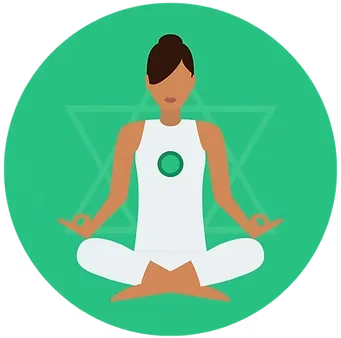
When this chakra is open, you feel at peace with yourself and others, free from the weight of past pain. However, when it is blocked, emotions like resentment can build up, making it difficult to move forward. Resentment keeps you stuck in a cycle of anger, blame, and emotional heaviness, preventing you from experiencing true love and inner harmony.
Introduction
Have you ever found yourself replaying past hurts over and over again? Maybe someone betrayed your trust, treated you unfairly, or let you down, and no matter how much time passes, the wound still feels fresh. You might hold onto bitterness, feeling like forgiving them means letting them off the hook. But the truth is, resentment doesn’t punish the other person—it only keeps you trapped in your own suffering. If you struggle to let go of past wrongs and find yourself feeling cold, distant, or guarded in relationships, your heart chakra may be blocked.
Deeper Insights
Resentment often stems from a deep sense of injustice. When someone hurts you, especially if they never acknowledge their wrongdoing, it can feel impossible to let go. The mind clings to the pain as a way of protecting itself, believing that holding onto anger will prevent future harm. But in reality, resentment doesn’t create protection—it creates a barrier between you and the love you deserve.
A blocked heart chakra keeps you emotionally closed off, making it difficult to trust, forgive, or form genuine connections. Instead of experiencing love as something fluid and abundant, you may see it as something fragile that can easily be broken. This can lead to emotional detachment, difficulty expressing affection, or even sabotaging relationships before they have a chance to grow.
Resentment also has a way of turning inward. If you’ve been holding onto anger for a long time, you might start blaming yourself for past situations, feeling like you were weak for allowing yourself to be hurt. This self-directed resentment can lead to feelings of guilt.
Warning Signs
A heart chakra blocked by resentment can show up in many ways. You may struggle with trust, constantly expecting people to hurt or betray you. You might feel emotionally distant, finding it hard to connect with loved ones or feeling numb in relationships. There may be a tendency to dwell on the past, replaying old arguments, imagining different outcomes, or feeling a deep sense of unfairness.
Emotionally, resentment can create a lingering sense of bitterness, irritability, or frustration. You may find yourself easily triggered by certain people or situations, feeling like you are always on edge. Over time, this emotional burden can manifest physically as tightness in the chest, shallow breathing, high blood pressure, or even heart-related issues. If resentment has become a constant presence in your life, it’s a sign that your heart chakra needs deep healing.
Solutions
Healing resentment requires a shift in perspective. The first step is recognizing that holding onto anger doesn’t change the past—it only drains your energy in the present. Letting go of resentment isn’t about excusing the person who hurt you; it’s about freeing yourself from the emotional weight that keeps you stuck.
Forgiveness is one of the most powerful ways to heal the heart chakra. This doesn’t mean pretending the pain never happened or allowing toxic people back into your life. It simply means releasing the hold that past hurt has on you.
A helpful practice is writing a letter to the person you resent—not to send, but to express everything you’ve been holding inside. Allow yourself to say what you need to say, then burn or tear up the letter as a symbolic act of release.
Another key to healing resentment is practicing self-compassion. Sometimes, resentment lingers because we feel like we should have done something differently. Remind yourself that you did the best you could with the knowledge and emotional capacity you had at the time. Be gentle with yourself, and remember that healing is a process, not a single moment of release.
Heart-opening practices such as meditation, breathwork, and yoga can also help dissolve emotional blockages. Visualizing a soft green light expanding from your chest can help clear stagnant energy and bring in feelings of peace and compassion. Spending time in nature, especially around trees and open spaces, can also help you reconnect with a sense of openness and healing.
Finally, practicing gratitude can shift your focus away from past pain and toward the love that still exists in your life. Each day, take a moment to acknowledge something or someone you appreciate. The more you focus on love and abundance, the less space resentment will have in your heart.
What To Do Right Now
Close your eyes and take a deep breath. Place your hands over your heart and say out loud, “I choose to release this pain. I deserve peace. I allow love to flow through me.” Now, think of one small act of kindness you can do for yourself today—whether it’s taking a walk, journaling your feelings, or simply resting. The first step in healing resentment is allowing yourself to receive the love and care you truly deserve.
Summary
Resentment is a sign of a blocked heart chakra, often caused by past wounds, betrayal, or a deep sense of injustice. Holding onto anger and bitterness only keeps you trapped in emotional pain, making it difficult to trust, forgive, or experience love fully. Healing involves shifting your mindset, practicing forgiveness (for your own peace, not for the other person), cultivating self-compassion, and engaging in heart-opening practices. By releasing resentment, you make space for love, freedom, and emotional healing—because you deserve to live with an open heart, not a heavy one.





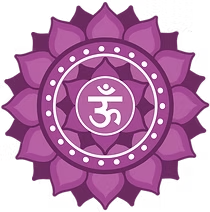



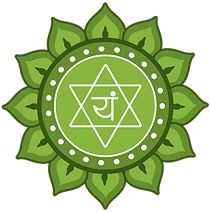

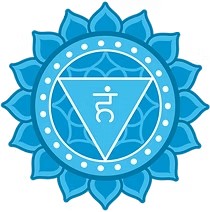

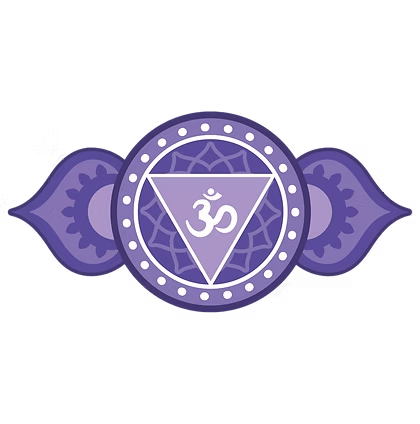

0 Comments